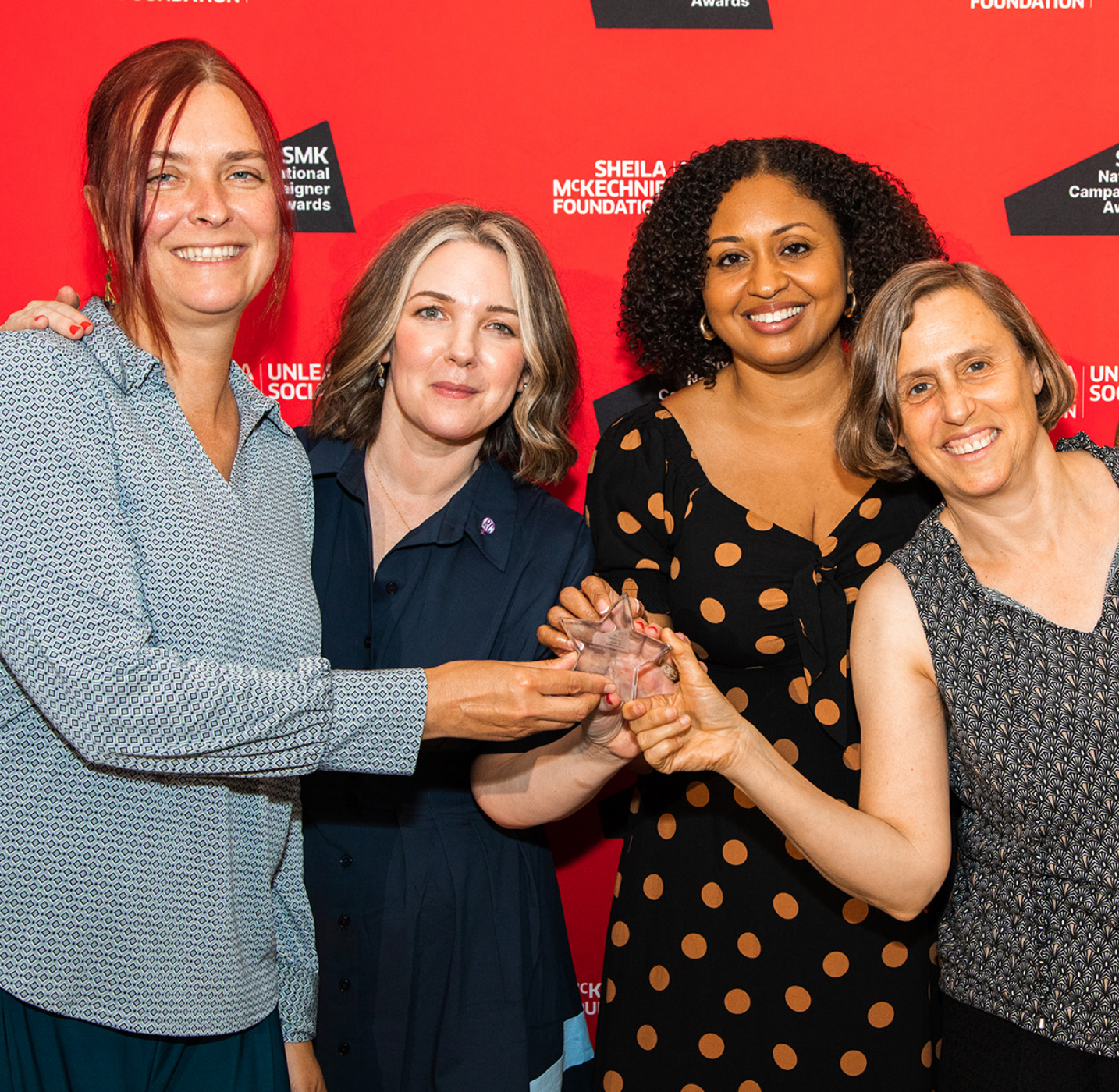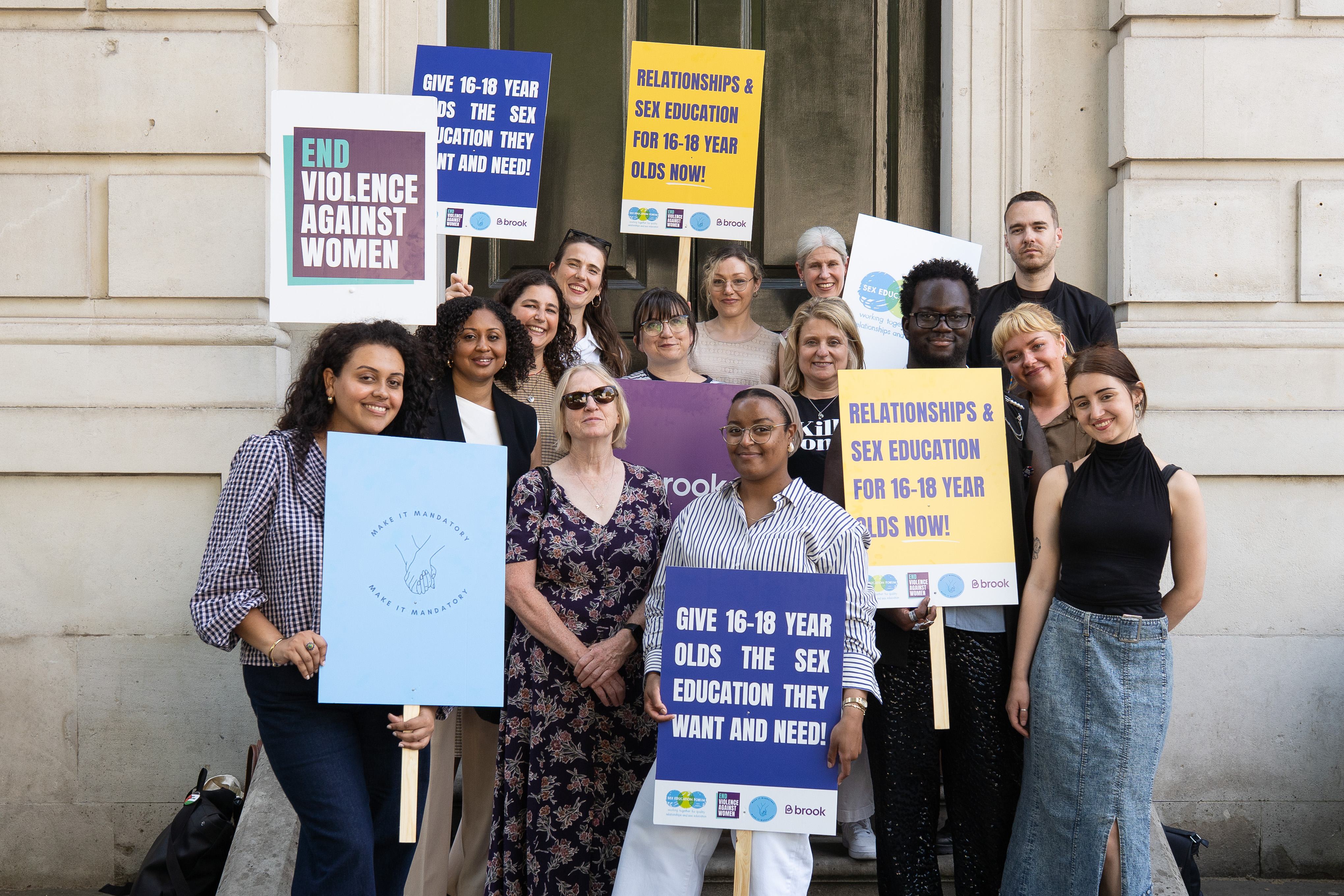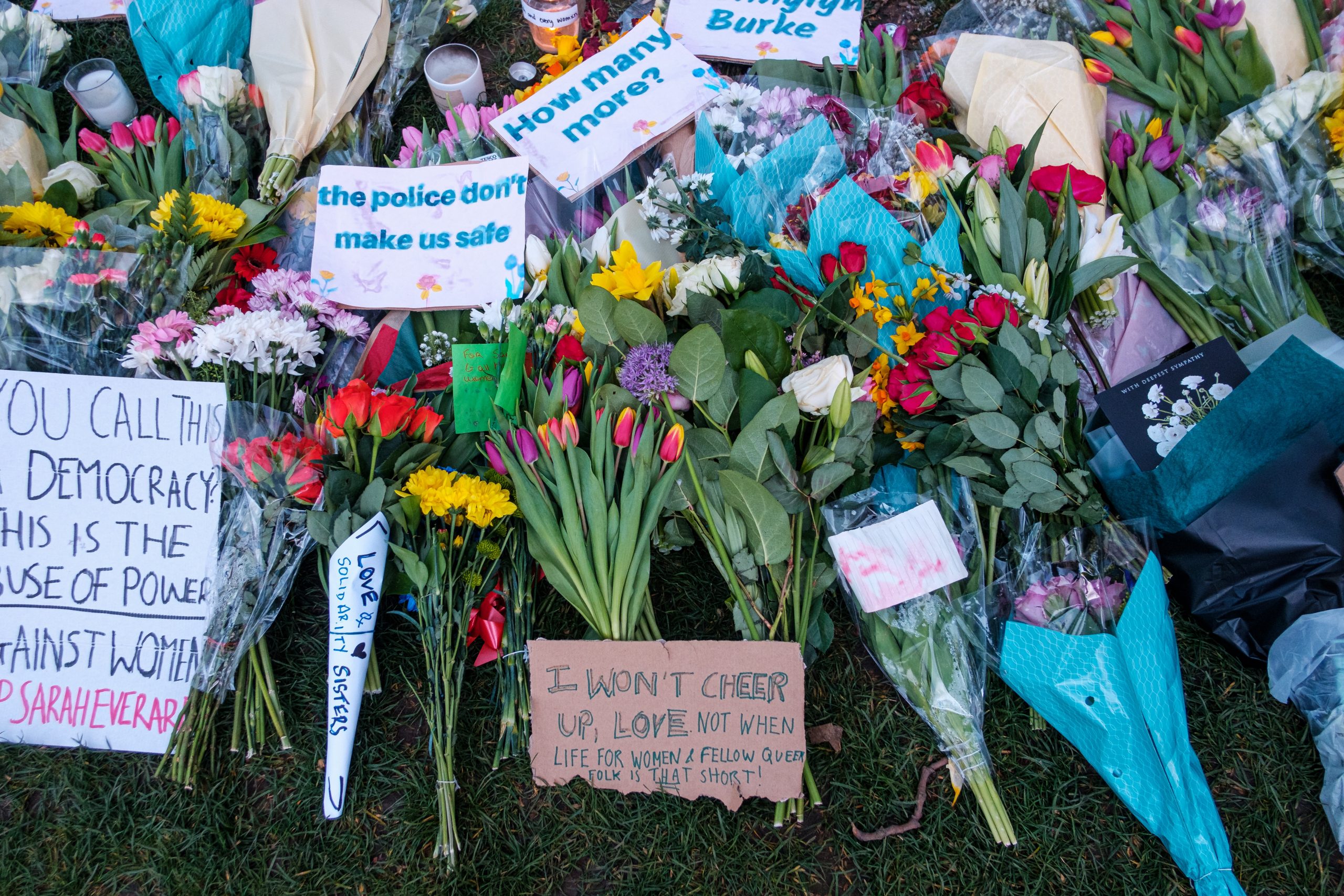 20 Jun
20 Jun
The End Violence Against Women Coalition commissioned nationwide research that shows 47% of women and 40% of men reported declining trust in the police following the publication of details about the rape and murder of Sarah Everard by serving Metropolitan Police officer Wayne Couzens.
The data also found:
- 76% of women (and 71% of all adults polled) think the culture of policing has to change in order to better respond to violence against women and girls
- 1 in 10 women (10%) would be less likely to report sexual assault to the police following the Sarah Everard case
- 65% of people think the government should do more to prevent violence against women and girls
The data is released as the Association of Police and Crime Commissioners (APCC) and the National Police Chiefs’ Council (NPCC) begins its two-day partnership summit on how policing can build public trust and improve performance.
Everard’s murder and the police’s appalling treatment of murdered sisters Bibaa Henry and Nicole Smallman were followed by a series of high profile revelations about the scale of police abuse of women and girls, and propelled a national conversation about the institutional cultures that underpin and enable police perpetrators to abuse without consequence.
Calls to overhaul policing of violence against women and girls (VAWG) were bolstered by two police inspectorate investigations that found systemic police failures to safeguard women and girls from violence, and called for radical change in policing and the urgent prioritisation of tackling the ‘epidemic’ of VAWG.
In response, we’ve seen a series of commitments to address violence against women and girls, including abuse perpetrated by serving police officers, from government and police chiefs.
Home Secretary Priti Patel announced £5 million in funding for measures to keep women safe, including CCTV and street lighting, while Dorset police set in motion plans to patrol nightclubs and the Met launched their lone officer verification scheme in a package of measures to tackle VAWG.
However, these measures fail to address the causes of VAWG and police-perpetrated abuse, and come before the difficult internal work has taken place to critically confront police failings – including the institutionalised racism and misogyny underpinning them.
In addition, many of the measures announced will harm already over-policed Black and ethnic minority communities, through increased police presence, surveillance and risks of criminalisation.
Andrea Simon, Director of the End Violence Against Women Coalition (EVAW), said:
“The police and government response to legitimate public outpourings of anger and distress about police failings have fundamentally missed the mark. Just over three quarters of women surveyed (76%) think that police cultures must change in order to better respond to violence against women and girls, with 65% of people stating the government should be doing more on this issue.
However, we are yet to see any commitment and accountability for the meaningful internal work needed to shift the institutional cultures and practices that excuse and enable this harmful behaviour – instead we have seen superficial and unevidenced measures announced that feel like a PR exercise.
From other sources, we know that one woman a week reports domestic abuse by a police officer and police commit offences as wide-ranging as deceiving women into sexual relationships, taking photographs of women killed, nicknaming their ‘rapist’ colleagues, and committing rape and murder. What’s more, women who come forward as victims of abuse are routinely dismissed, blamed, and denied justice. It can be no real surprise that 1 in 10 (10%) women would be less likely to report a sexual assault to the police since the coverage of the Sarah Everard case.
From the Met’s action plan on VAWG, to forces advising women to stay at home at night, the NPCC and APCC must seriously consider why police responses are continually charging women with keeping ourselves safe, when they should be addressing harmful sexist and racist policing cultures wherever they are found and preventing VAWG from happening in the first place.”
ENDS
Notes to editor
All figures, unless otherwise stated, are from YouGov Plc. Total sample size was 1,699 adults. Fieldwork was undertaken between 27th – 28th October 2021. The survey was carried out online. The figures have been weighted and are representative of all GB adults (aged 18+)
Andrea Simon, Director of the End Violence Against Women Coalition, is a panelist for the VAWG plenary at the NPCC and APCC summit, alongside Deputy Chief Constable Maggie Blyth, NPCC Lead for Violence against Women and Girls, and Dame Vera Baird DBE QC, Victims’ Commissioner for England and Wales. The plenary takes place from 10-11am on Thursday, 18th November 2011. More info here: https://www.npcc-apcc.com/
The End Violence Against Women Coalition is a leading coalition of 114 specialist women’s support services, researchers, activists, survivors and NGOs working to end violence against women and girls in all its forms. Find out more: https://www.endviolenceagainstwomen.org.uk/
Media spokespeople available for interview.
Press contact
Sinead Geoghegan
Communications Manager
sinead.geoghegan@evaw.org.uk
07960 744 502
Recommended ARTICLES
 20 Jun
20 Jun
 19 Jun
19 Jun
 16 Jun
16 Jun

